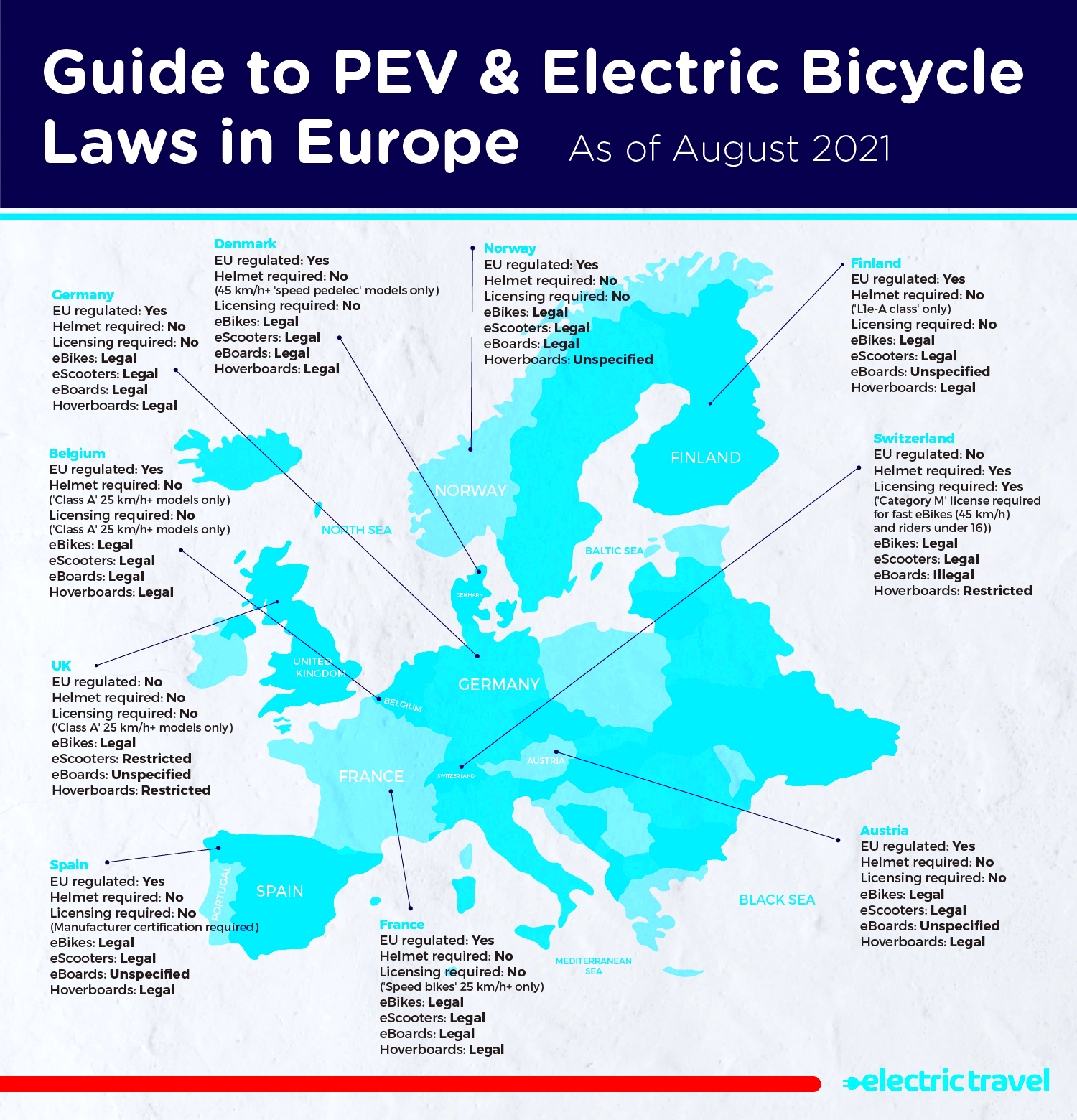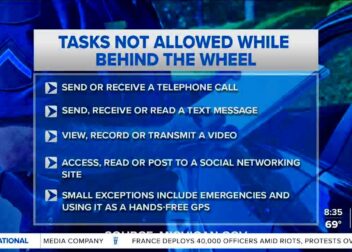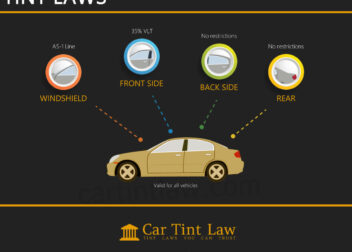Legal Considerations for North Carolina Electric Bike Laws
Electric bikes, or e-bikes, have gained popularity in North Carolina for their convenience and eco-friendliness. However, understanding the laws governing their use is crucial. The legal landscape can be confusing, but knowing the regulations helps ensure a safe and enjoyable ride. In this post, we’ll cover the definition of electric bikes, the regulations for riding on roads and trails, and much more. Let’s dive into the essential legal considerations you need to know.
Definition of Electric Bikes in North Carolina

In North Carolina, electric bikes are categorized into three classes based on their specifications:
- Class 1: Pedal-assist e-bikes that provide assistance only when the rider is pedaling and stop assisting at speeds over 20 mph.
- Class 2: Throttle-assisted e-bikes that can be powered without pedaling, also stopping assistance at 20 mph.
- Class 3: Pedal-assist e-bikes that can assist up to 28 mph, requiring additional regulations regarding usage.
These classifications help clarify where and how each type of e-bike can be legally used. It’s important to identify which class your bike falls into, as this determines the specific rules that apply.
Regulations for Electric Bikes on Roads and Trails
North Carolina has specific regulations for riding electric bikes on roads and trails to ensure safety and compliance:
- Electric bikes are allowed on most roads, including those with speed limits of 35 mph or less.
- Riders must obey all traffic signals and signs, just like regular cyclists.
- When riding on bike lanes or multi-use paths, e-bike riders must adhere to the same rules as traditional bicycles.
- Class 3 e-bikes may be restricted from certain bike paths and trails; always check local regulations.
Riders are encouraged to wear helmets and use lights when riding after dark. Following these regulations not only ensures your safety but also promotes a positive relationship between e-bike users and other road users.
Licensing and Registration Requirements
When it comes to licensing and registration for electric bikes in North Carolina, the rules are relatively straightforward. Unlike traditional motorcycles, electric bikes do not require a driver’s license or registration. This makes them accessible to a wider audience. However, it’s essential to keep the following points in mind:
- No License Required: Riders do not need a motorcycle license or any special certification to operate an electric bike.
- No Registration Needed: Electric bikes don’t require registration with the Department of Motor Vehicles (DMV), which simplifies ownership.
- Insurance: While not mandatory, obtaining insurance for your electric bike can offer protection against theft and accidents.
It’s always a good idea to carry a form of identification while riding, just in case you need it for any reason. Understanding these requirements ensures that you can enjoy your rides without any legal hassles. So, before you hit the road, make sure you’re informed!
Age Restrictions for Electric Bike Operators
Age restrictions play a crucial role in the safe operation of electric bikes in North Carolina. Here’s what you need to know:
- Minimum Age: There is no specific minimum age requirement for riding Class 1 and Class 2 e-bikes. However, riders should have the maturity and understanding to navigate traffic safely.
- Class 3 E-Bikes: Operators must be at least 16 years old to ride Class 3 electric bikes. This rule ensures that riders have some level of experience before operating faster e-bikes.
- Parental Guidance: For younger riders, parental supervision is recommended. Teaching children about road safety and responsible riding helps foster good habits.
By following these age restrictions, you can promote a safer riding environment for everyone. Always prioritize safety and ensure that younger riders understand the rules of the road.
Safety Equipment and Usage Guidelines
Safety is paramount when riding electric bikes, and North Carolina encourages riders to equip themselves properly. Here are some essential safety guidelines and recommended equipment:
- Helmet: Wearing a helmet is highly recommended. Although not legally required for all e-bike classes, it can significantly reduce the risk of head injuries.
- Lights and Reflectors: Equip your bike with front and rear lights, especially for night riding. Reflectors on your bike enhance visibility to other road users.
- Bell or Horn: A bell or horn can alert pedestrians and other cyclists to your presence, helping prevent accidents.
- Protective Clothing: Wear bright or reflective clothing to increase visibility, especially in low-light conditions.
In addition to equipment, here are some usage guidelines:
- Always follow traffic laws and signals.
- Use designated bike lanes when available.
- Be cautious of pedestrians, especially in crowded areas.
By following these safety measures, you can enjoy your rides while minimizing risks. Remember, being proactive about safety helps create a more enjoyable experience for everyone on the road.
Parks and Recreational Areas Regulations
When it comes to riding electric bikes in parks and recreational areas in North Carolina, specific regulations help ensure safety and enjoyment for everyone. Each park may have its own set of rules, so it’s essential to familiarize yourself with the guidelines before hitting the trails. Here are some general regulations to keep in mind:
- Designated Areas: Many parks have designated trails for bicycles. Always check signs indicating whether e-bikes are permitted on certain paths.
- Class Restrictions: Some parks may restrict Class 3 e-bikes due to their higher speed. Make sure to verify the regulations for the area you plan to visit.
- Speed Limits: Adhere to any posted speed limits on trails and pathways. Maintaining a safe speed ensures a pleasant experience for all park users.
- Yield to Pedestrians: Always yield to pedestrians and give them plenty of space. This shows respect and helps prevent accidents.
Before visiting any park, it’s wise to check the specific rules and regulations on their official website. Following these guidelines not only keeps you safe but also contributes to a friendly atmosphere for all outdoor enthusiasts.
FAQs about Electric Bike Laws in North Carolina
Many riders have questions about the laws surrounding electric bikes in North Carolina. Here are some common FAQs to clarify any uncertainties:
- Do I need a license to ride an electric bike? No, you do not need a license or registration to ride electric bikes in North Carolina.
- What age do I have to be to ride an electric bike? There are no age restrictions for Class 1 and Class 2 e-bikes, but you must be at least 16 years old to ride a Class 3 e-bike.
- Can I ride my electric bike on the sidewalk? Generally, riding on sidewalks is discouraged. Check local regulations, as some areas may allow it while others do not.
- What should I wear while riding? It’s recommended to wear a helmet and bright clothing for visibility, but these are not always legally required.
- Are there restrictions for using e-bikes in state parks? Yes, some state parks may have specific regulations regarding the use of electric bikes. Always check before your visit.
Understanding these FAQs can help you navigate the legal landscape of electric biking in North Carolina. If you have more questions, consider reaching out to local biking organizations or legal experts for guidance.
Conclusion on Legal Considerations for Electric Bikes
In summary, navigating the legal considerations for electric bikes in North Carolina doesn’t have to be overwhelming. Understanding the definitions, licensing requirements, age restrictions, and safety regulations is essential for a safe and enjoyable riding experience. Whether you’re commuting to work or exploring scenic trails, following the laws will help you and others share the road responsibly.
By familiarizing yourself with the regulations around parks and recreational areas, as well as addressing common questions, you can ride with confidence. Remember, being informed is key to enjoying your electric bike while staying within the law. Happy riding, and enjoy your time on two wheels!


